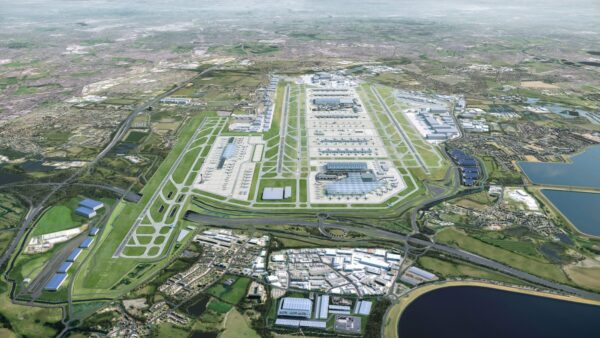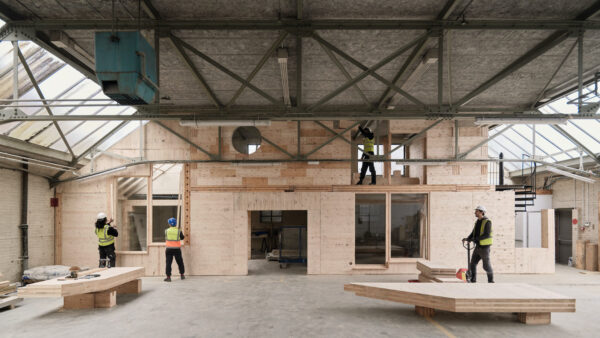For construction to deliver on its net zero goals, the skills gap must be addressed. CM asked a range of sustainability experts how the industry should prepare its workforce for the environmental challenges ahead
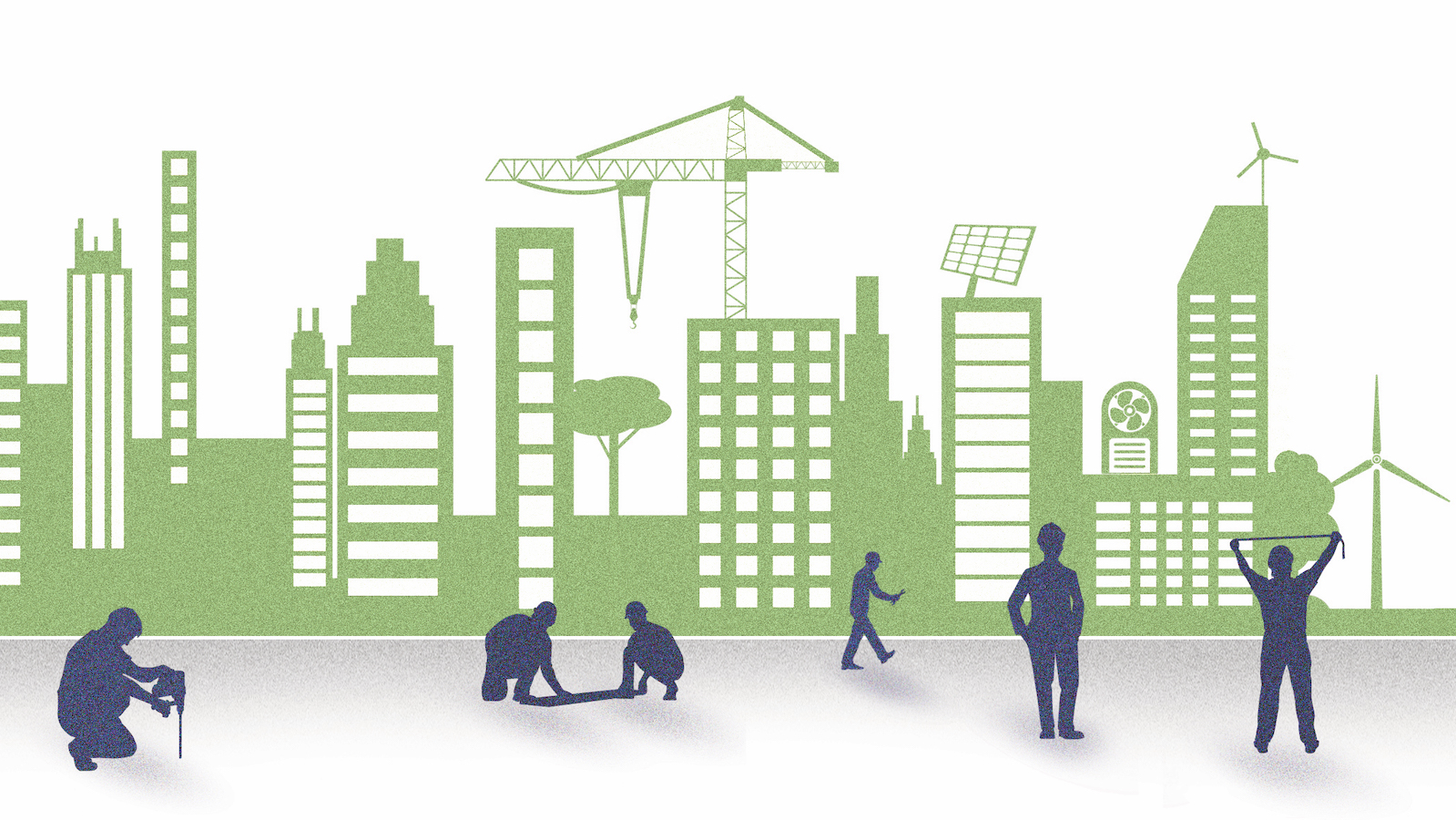
‘A lot of small changes will add up’
Julia Barrett – chief sustainability officer, Willmott Dixon
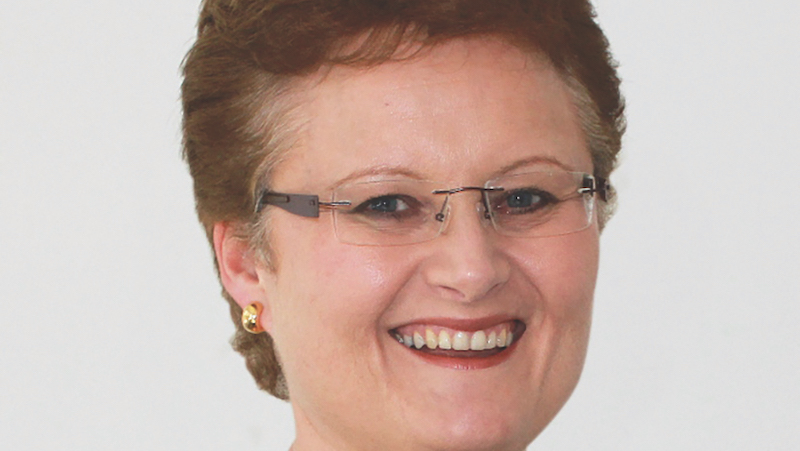
The most important thing is for everyone in the industry to understand the part they can play in delivering a net zero economy. A lot of small changes will add up. We are going to need a lot more skills in terms of automation, big data, offsite construction, sustainability, change management, project management – things that people don’t always think of when they think about construction. We need to promote careers in the industry better, making it more accessible and more aspirational.
When we talk about net zero, we are talking about timescales that are not tomorrow. They might be 2030 or 2050. The problem with long timescales is there is always something more urgent to do today. We need to create a problem that is immediate and needs a reaction.
Willmott Dixon is involved in the Supply Chain Sustainability School, which provides free learning, advice and support. We have a portal, a bit like a personal carbon calculator, that calculates fuel use in the supply chain and helps companies to reduce their carbon footprint.
We are also involved in the Aldersgate Group. It’s an alliance of leaders from across business trying to drive change for a sustainable economy. In October last year, we launched a skills briefing calling on government, businesses, and education providers to collaborate on boosting the supply of skills across the low-carbon economy.
‘Everyone needs a good level of carbon literacy’
Robert Spencer – director, sustainable development, Aecom

If you are going to get contractors, design engineers and architects all working together on net zero, then you need a common language and that language has to be carbon. We have been working in Aecom for the last year or so with a net zero emissions buildings taskforce to look at this exact challenge.
We have not got a skills shortage within Aecom but we have got a need to bring everyone up to a good level of awareness of carbon literacy. It is about being able to understand what the carbon implications of your design are. And that then can drive your design principles for how you actually build assets out going forward.
There are areas where you can get some very quick wins in terms of carbon. In the built environment, the carbon required for energy and heating and lighting is not as significant as the carbon you embed in the projects during the capital works. So if you can come up with design solutions that are going to reduce that embodied carbon then you are onto a winner.
You might be able to use the existing foundations on a brownfield site, rather than building a new corporate headquarters on a greenfield site, for example. If an existing building is in such a bad state that you need to take that building down, you could still use some of the foundations, plus you could use a modular or prefabricated approach.
‘Embed net zero in all roles, not just specialists’
Stephen Smith – executive director SHEQ Europe, Middle East and Canada, Multiplex

We recently launched One Decade to Act: Our Net Zero Carbon Pathway, which sets out our plans for how we will become net zero by 2050, including supply chain emissions.
While acknowledging that we don’t yet have all the answers, the cornerstone of our approach is to champion cultural and behaviour change within our business, our clients and supply chain, to find solutions together. We have already started a campaign to educate our staff on the climate emergency and the impact of the construction industry.
The next step will be to provide each role in our business with specific actions they can take to eliminate carbon from our projects. We will be establishing specific green skills and jobs targets for our business for 2022, 2025 and 2030.
We will embed net zero skills into all current roles, ensuring every person has the required skills, knowledge, experience and behaviours to help the business transition to net zero. Action cannot be isolated to a few specialist roles.
‘Every course needs to be net zero compatible’
Jean Stevens – managing director, Duprez Consulting

We need to act now and set out milestones for net zero because the pace of action required means we need to be absolutely clear on what will happen and by when. 2050 sounds far away but we need shorter-term, harder targets.
Net Zero ‘greening’ of existing housing stock needs to be undertaken in a timely fashion, scheduled in with existing housing repairs and improvement plans, so as to be more cost effective, more productive and cause less disruption to residents.
Communication is the single biggest barrier to improving training for net zero skills. With no clear policy direction emerging and policy not being informed by specialists, the information coming out is woolly and inconsistent. Every educational course needs to be made ‘net zero compatible’ quickly. We are already churning out the new workforce without the relevant skills required to achieve net zero.
I am working with The Skills Centre, who will be delivering skills for retrofit, green new build and specialist green occupations. We have recently developed ‘Greening London Construction’ which supports a range of green interventions including L1/2/3 qualifications, personal support, job entry and in-work support. Staff have the opportunity to obtain a net zero qualification and we are promoting business mentoring across the supply chain to improve understanding of the green agenda.
‘We need more skills across the life cycle’
Alastair Mant – director of business transformation, UK Green Building Council
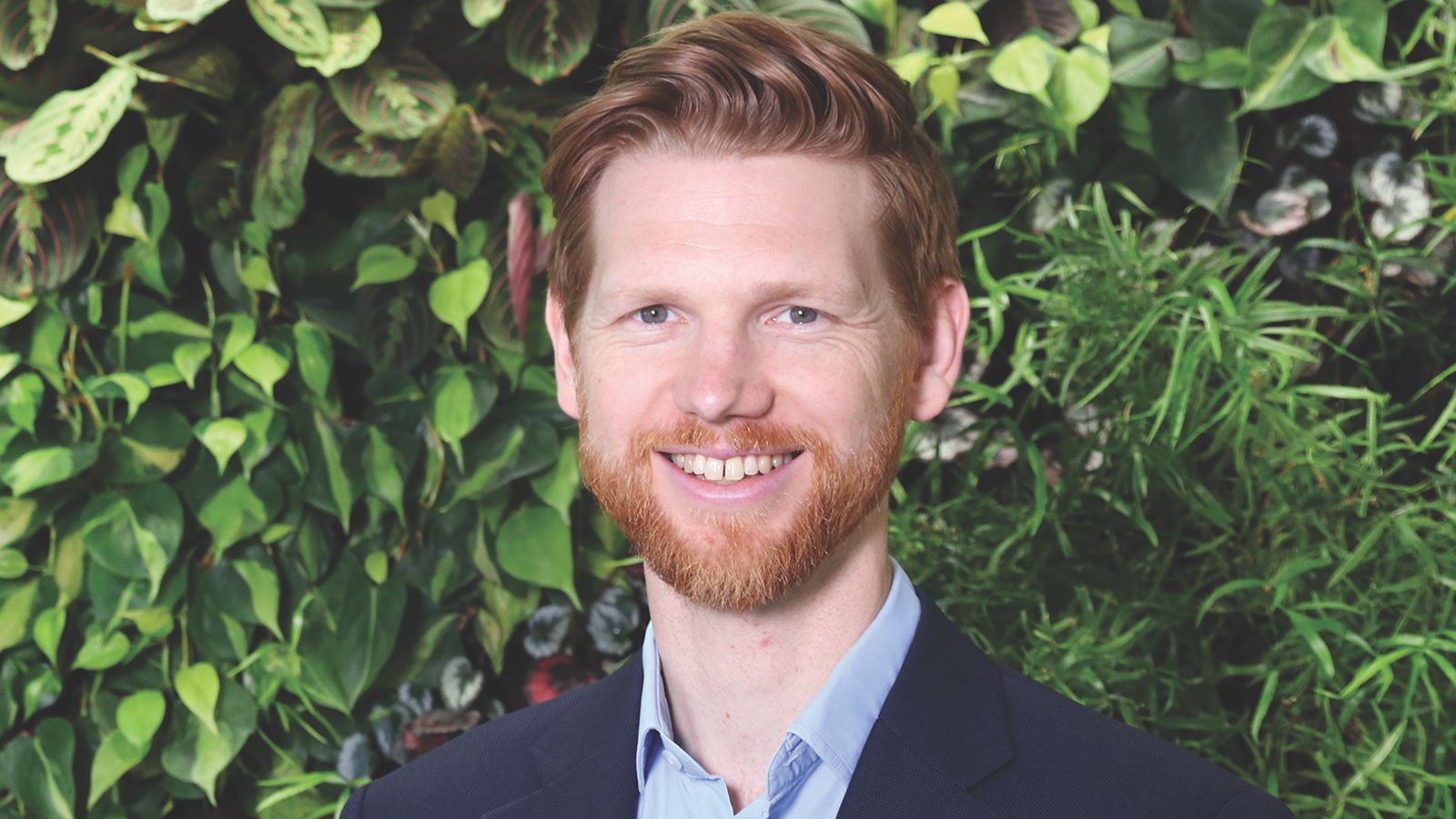
Construction companies need to identify the role of their organisation, themselves and their employees in achieving the targets. The industry and individuals don’t currently know what net zero actually requires.
They also need the time to identify and then fill the skills gap. We need more skills across the life cycle. It needs to become part of all professionals’ work and development.
And it’s not just technical skills that are required but also different ways of thinking and acting. That is why we run a number of courses which focus on leadership, purpose, storytelling, systems thinking and innovation methods.
We have led the creation of the Net Zero Carbon Buildings Framework Definition and try to provide clarity through documents such as our guidance on renewable energy use and carbon offsetting.
‘Empower and mobilise the carbon pioneers’
Andrew Mather – associate in strategic sustainability, Ramboll UK

Closing the green skills gap will be transformative and must be prioritised by the sector, government, educational systems, and investors.
Green skills can be broken down into two parts: a baseline green skill set or ‘carbon literacy’ and a more advanced, innovative green skill set or ‘carbon pioneer’. Both have different hurdles.
Carbon literacy is well established within sustainability teams across the industry but often does not extend far into organisations, in particular contractors and the supply chain. Embedding it into everyday conversation across the construction industry is the first step and can be easily actioned by good leadership at project, company, and industry levels.
The bigger challenge is empowering and mobilising the ‘carbon pioneers’. These people, in emerging new roles, will challenge the status quo. They need support and funding to develop the new materials and processes.
‘Industry and education should work together on relevant content’
Luke Osborne – energy and emerging technologies advisor, ECA
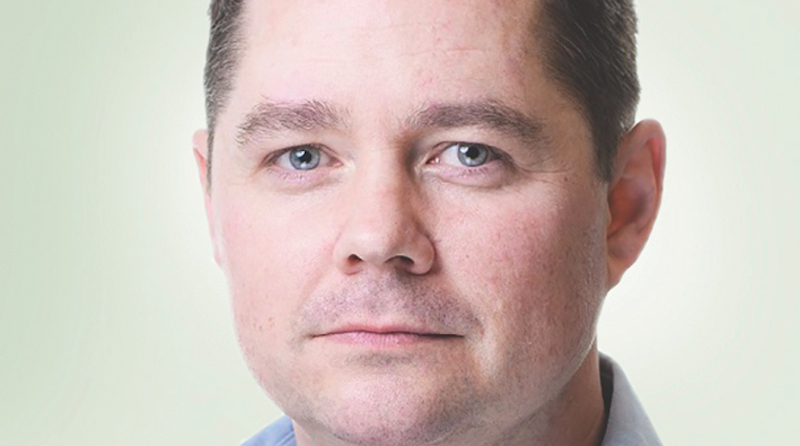
Construction employers should understand the gravity of the situation ahead of us and the fact that each and every part of the industry will need to play its part.
Having an awareness of the direction of travel and the scope of works to be installed will be essential. Workers should be supported through relevant training and qualifications needed to deliver the works.
The obvious are things such as heat pump and EV chargepoint installation training – but there are many more things to consider. Smart controls, building automation and control systems (BACS) and energy storage will also be key players.
The biggest issue is in ensuring that there isn’t a sudden knee-jerk reaction leading to the creation of numerous courses that do not actually address the requirements. It is important for industry to work together with education providers on relevant content and a commonality of standards. Existing apprenticeships should be re-evaluated and new skills and requirements incorporated.
‘Retrofitting existing buildings is the biggest challenge’
Ingrid Berkeley – senior sustainability consultant and partner, Max Fordham

Retrofitting existing buildings to make them net zero carbon is the biggest challenge the construction industry will face in meeting the UK’s goals.
The industry needs to invest in training in how to construct and retrofit buildings to Passivhaus standards and use of heat pump technologies. Training will be required not only for installers but also occupants in terms of the new technologies required – changing from gas boilers to heat pumps is a big change in mindset and is not as simple as simply taking out a boiler and replacing with a heat pump.
It is crucial that a fabric-first approach is taken using methods like Passivhaus to reduce the energy demand of buildings before changing their heat source to electric.
A set of practical design and specification interventions for designing for longevity and lower embodied carbon also needs to be developed.



